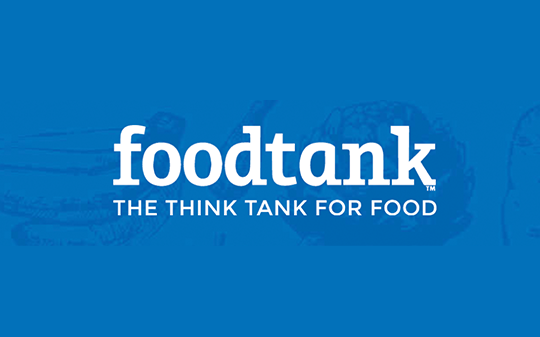
16 October 2025 | Foodtank

16 October 2025 | Foodtank

20 October 2025 | CHANGE INC
World Food Prize winner Lawrence Haddad: 'You can't see climate and health separate

22 April 2025 | Food Tank
Op-Ed | Why Gender Equality Is the Key to Healthy Diets for Everyone

28 March 2025 | Forbes
Nutrition Funding Cuts Could Claim 369K Young Lives This Year

27 March 2025 | ACAST
The Politics of Ending Malnutrition - Challenging Conversations with Decision Makers

6 March 2025 | Smithsonian
About One Billion People Are Deficient in Selenium. Genetic Engineering Could Change That

28 February 2025 | Forbes
World Food Prize Laureate Urges a Rethink of Foreign Aid Amid Cuts

28 February 2025 | Forbes
World Food Prize Laureate Urges A Rethink Of Foreign Aid Amid Cuts

30 December 2022 | Mirror
New Year Honours 2023 list in full as Brian May and Lionesses get top gongs

30 June 2021 | Forbes